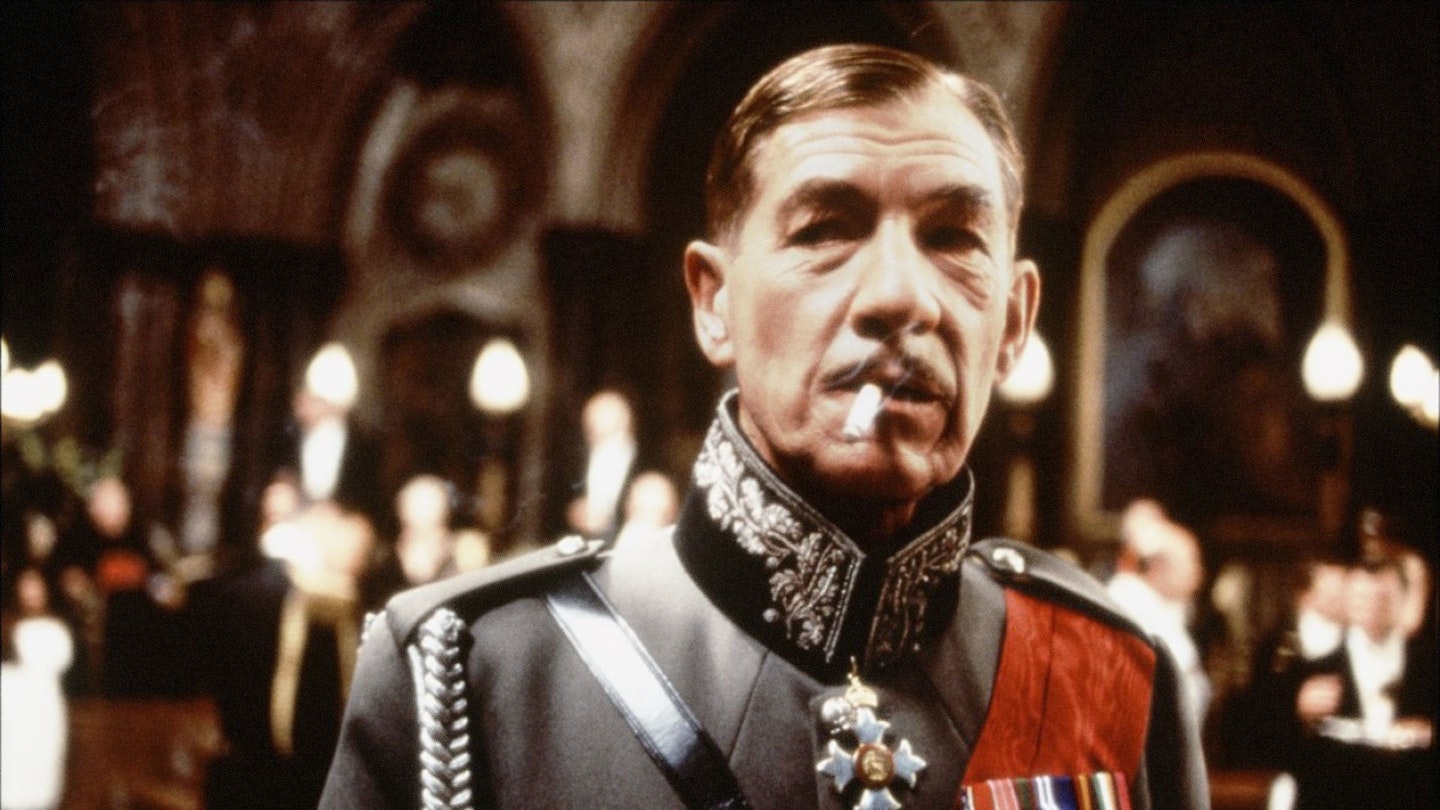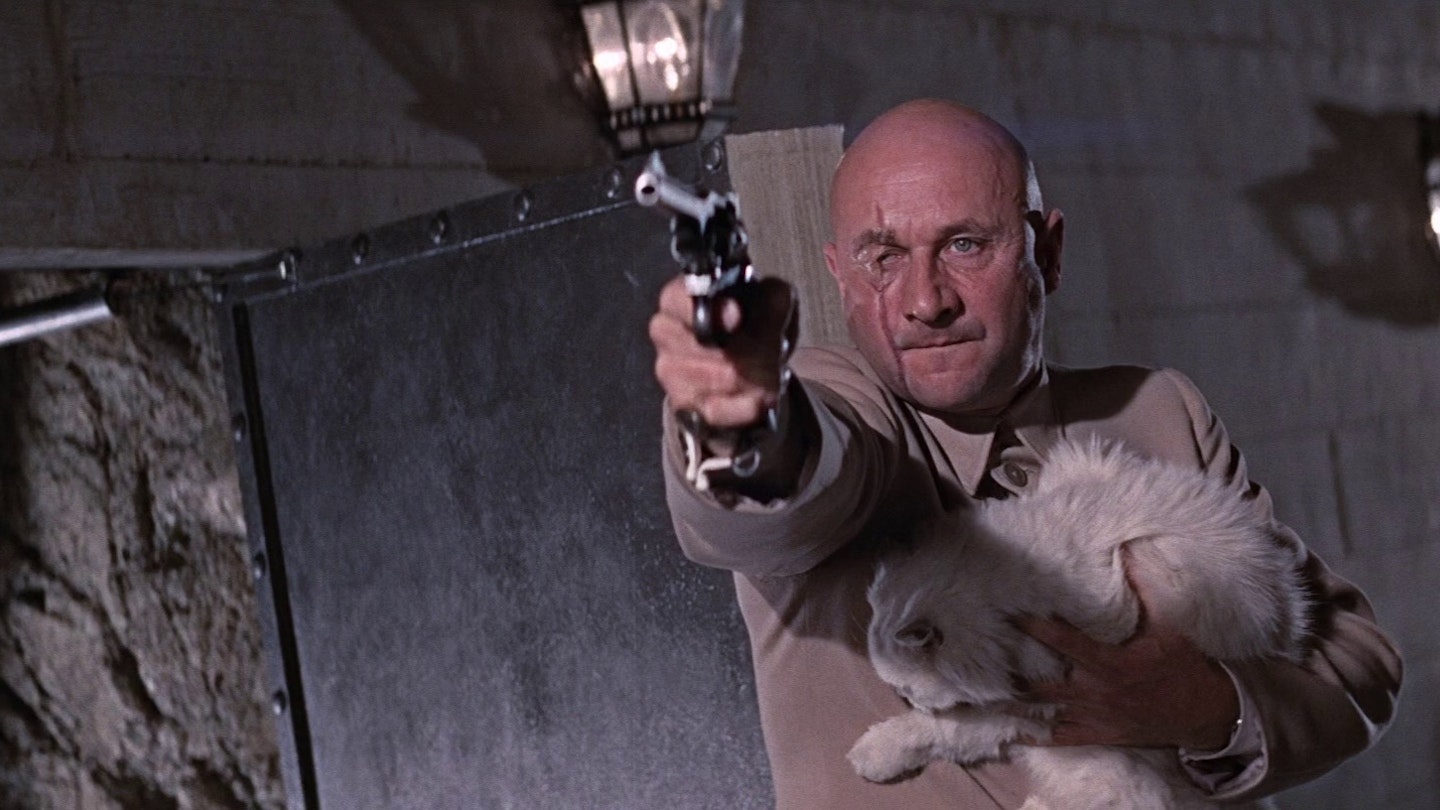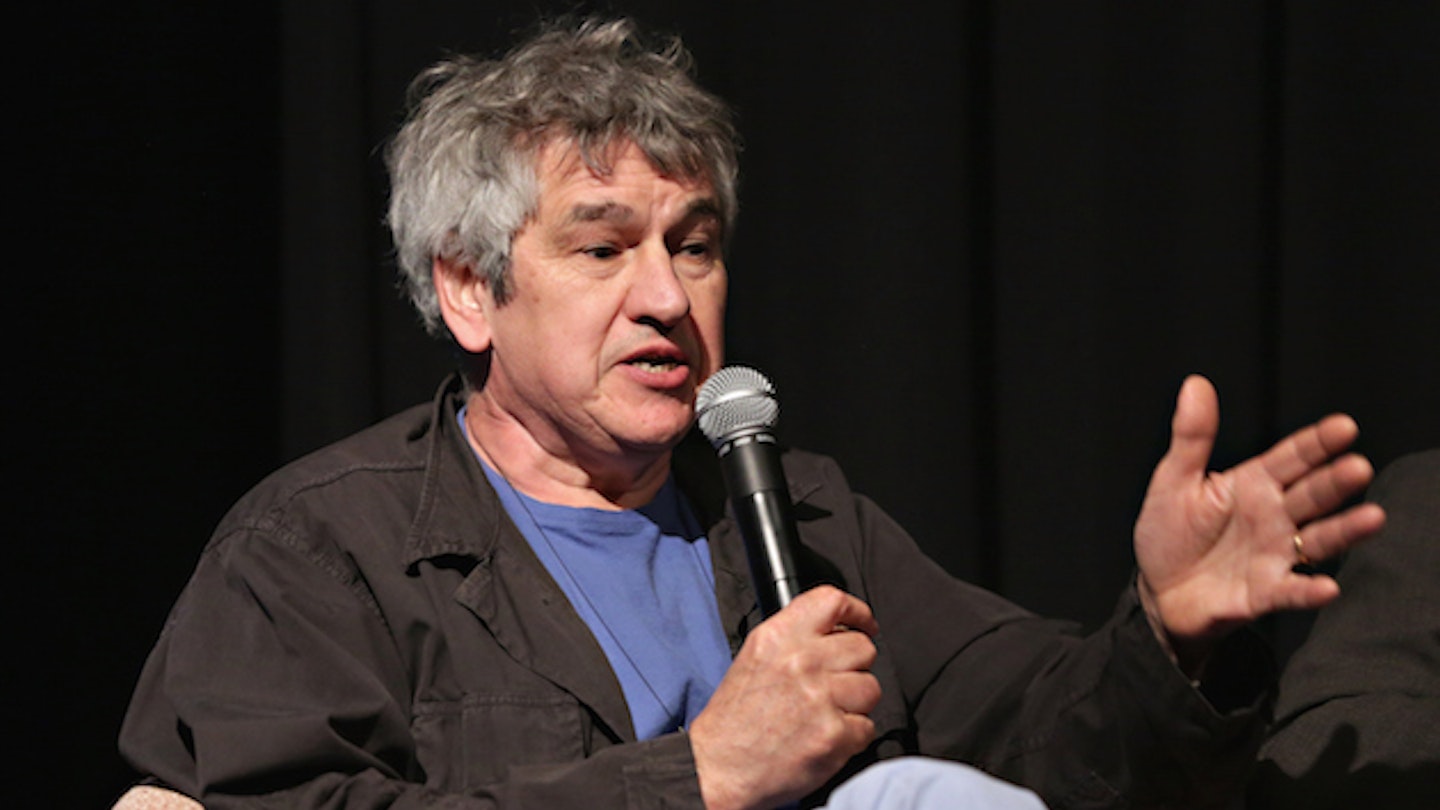Since Richard III, Shakespeare’s classic dissection of power politics and evil’s allure is, rather than history, an outrageous piece of Tudor propaganda, there really is no reason why it can’t be removed from the 15th century. And so several years ago, Richard Eyre gave us an arresting, sharply written, intelligent interpretation of the play, starring Ian McKellen and staged with 1930s Fascist trappings at London’s National Theatre.
That production was the inspiration for Richard Loncraine’s daring, flashy film, for which he and the actor worked as screenwriters and in which McKellen authoritatively revisits one of the greatest roles in the English language.
Opening deliberately in the style of a Die Hard action yarn, this Richard introduces its bitter, twisted protagonist as the military genius victorious in a civil war that has rent a fictitious England in the 30s. His first sour soliloquy becomes a public toast at a victory ball; the court is composed of pinstriped gents, officers in black, and women in slinky satin.
Hawthorne’s touching Duke Of Clarence is assassinated in a steaming bath; Richard’s lady in red, Lady Anne (Scott Thomas), is a tortured dope fiend, and his nemeses the Rivers, Queen Elizabeth (Bening) and her brother “Earl” (Robert Downey Jnr., cheekily stealing scenes as a Panama-hatted sport) are American arrivistes.
This provocative stylisation serves the content well and emphasises the steamroller effect of evil, from one deviant’s resentful power lust to a popular movement. McKellen, rejecting the comic temptations contemporary actors commonly snatch in the hunchback, conveys the sardonic, savage wit but plays the dark malice to the hilt. Everyone in the cast is a strong Somebody, from Queen Mother Maggie Smith to assassin Adrian Dunbar.
The only drawback of this
“re-imagining” is that it is dispassionately cold in its sustained artifice, despite the splashy nods to modern cinemagoers’ frames of reference — sex, violence, explosions — which do pep up the popular appeal without condescension or gutting the text. Largely this is a fascinating, cerebral exercise, one that is acutely interesting rather than emotionally involving, but absolutely a notable cinematic tackling of the Bard.


